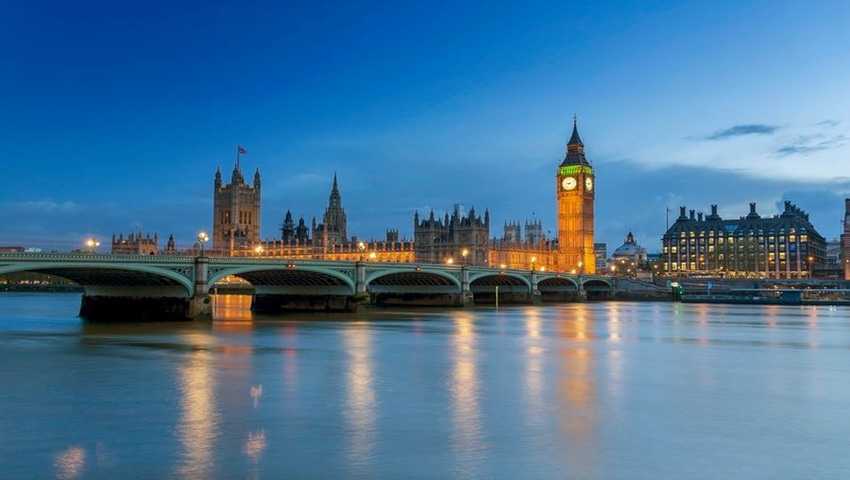The Medicines and Healthcare products Regulatory Agency was required to make its assessment of CBD based on the definition of a medicinal product and not on whether the cannabinoid poses a risk to consumers.
October 14, 2016

The United Kingdom’s Medicines and Healthcare products Regulatory Agency (MHRA) has determined products containing cannabidiol or CBD meet the definition of a medicinal product.
MHRA, an executive agency of the Department of Health, wrote to 18 companies, advising them of its determination. It also recommended individuals using CBD consult their healthcare professional if they have any questions.
“Medicinal products must have a product licence (marketing authorization) before they can be legally sold, supplied or advertised in the UK, unless exempt," an MHRA spokesperson said in a statement. “Licensed medicinal products have to meet safety, quality and efficacy standards to protect public health."
The regulator was required to make its assessment based on the definition of a medicinal product and not on whether CBD poses a risk to consumers, according to an Oct. 13 news release.
“How will the recent UK ruling on CBD products impact the U.S. CBD market?" the Hemp Industries Association (HIA) asked on Twitter.
In the United States, the Drug Enforcement Administration (DEA) considers CBD a derivative of marijuana, a Schedule I controlled substance, and FDA has asserted products containing the substance cannot be marketed as a dietary supplement. FDA also has stated its opinion in a Q&A on marijuana that it is not legal to sell a food to which CBD has been added.
Marijuana remains a Schedule I drug under the federal Controlled Substances Act. As DEA explains, marijuana is defined as a drug with “no currently accepted medical use and a high potential for abuse." In August, as was widely reported, the agency rejected petitions seeking to reschedule marijuana from a Schedule I to a Schedule II substance.
However, 57 percent of U.S. adults favor legalizing marijuana, while 37 percent say it should be illegal, the Pew Research Center announced this week. A decade ago, only 32 percent supported legalization, while 60 percent were opposed, the organization noted.
Next month, citizens in nine U.S. states will vote on marijuana legalization measures. Already, 25 states and the District of Columbia have legalized marijuana for medical use, and four states (and the District of Columbia) have legalized cannabis for recreational use: Alaska, Colorado, Oregon and Washington.
Finally, a number of states—largely concentrated in the South—have laws specifically carved out for CBD use or research, partly aimed at helping patients affected by epilepsy.
You May Also Like




.png?width=800&auto=webp&quality=80&disable=upscale)